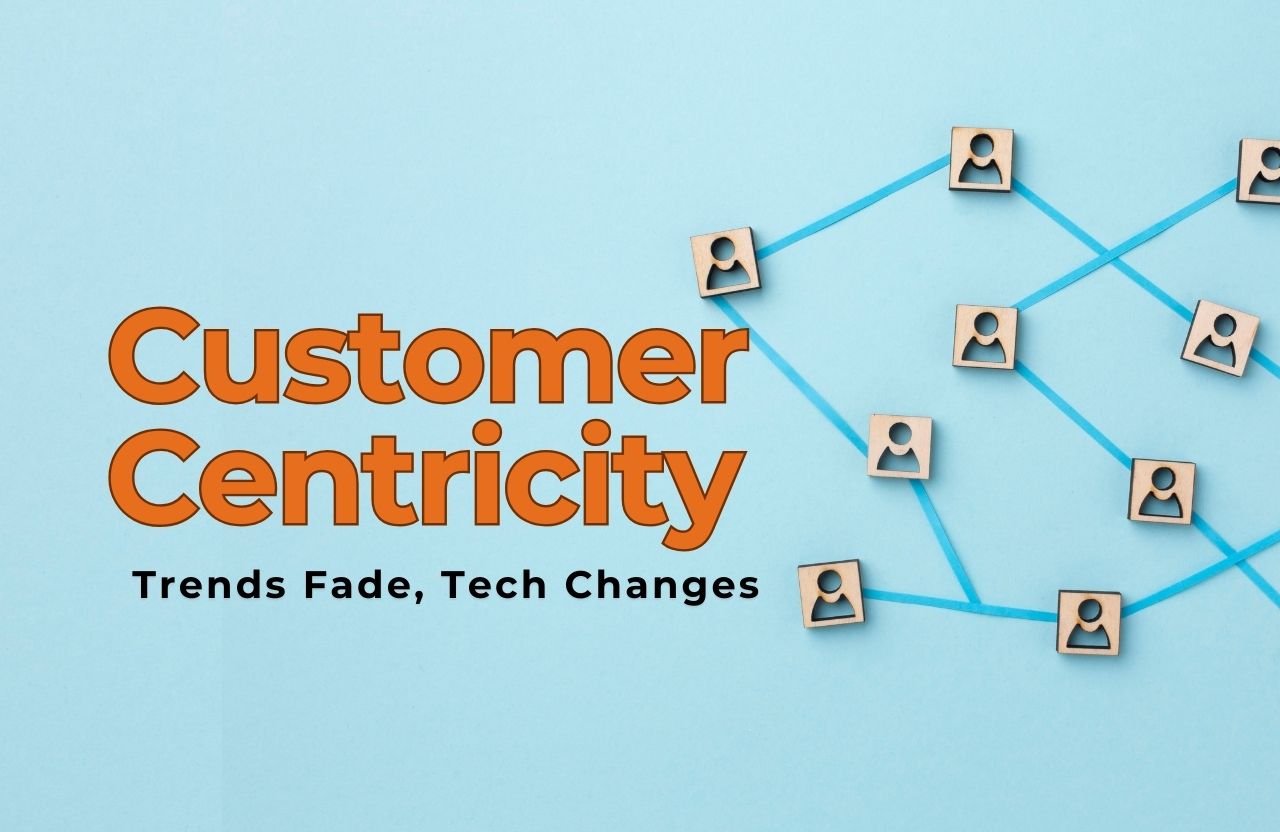The gig economy lives at the heart of present-day commerce and manifests a powerful influence on small business culture. With increasing flexibility that challenges traditional norms, the gig economy dramatically reshapes how small businesses operate. Hailed by many as both a problem-solver and a disruptor, the question remains: just how profound is its impact?
Flexibility: The Double-Edged Sword
Small businesses, once reliant on full-time employees, now benefit from a flexible gig workforce. Freelancers and contractors offer scalable options without long-term hiring commitments. Businesses respond to fluctuations in demand with agility, avoiding the costs of maintaining a constant team of full-time workers. Yet, this flexibility comes with its challenges. Employee loyalty, once a staple of small businesses, threatens to become obsolete as temporary arrangements take precedence. The gig economy provides a feast or famine existence, dependent on a freelancer’s whim or availability.
This temporary nature introduces a challenge in maintaining a consistent quality of work over time. The ebb and flow of project-based hiring can mean that small businesses are frequently onboarding and off boarding freelancers. As a result, there can be gaps in the knowledge transfer processes. With each new hire, there is an adjustment period where contractors familiarize themselves with the company’s practices and expectations, leading to potential setbacks in productivity.
For businesses managing a fluctuating workforce, understanding operational requirements such as legalities or documentation can be vital. A common query often arises: Do I need a business license? Businesses need to stay informed on compliance needs to maintain smooth operations.
Acceleration of Technology Dependency
Small businesses leaning on tech-friendly gig workers often find themselves more dependent on emerging digital tools. Collaboration tools and platforms become indispensable, allowing efficiency in remote operations. Not all small business owners are thrilled with this reliance, however. An ever-present techno-lust can mask genuine interactions and collaborative processes. Dependence trumps autonomy as small businesses ride the technological boom.
Yet, this reliance brings with it a faster rate of technological advancement within small firms. The infusion of freelancing tech enthusiasts often pushes these firms towards adopting the latest digital solutions. As the demand for efficiency rises, small businesses must quickly adapt to new platforms and tools to remain relevant. The outcome is a more agile business model capable of responding swiftly to market changes.
Cost Implications
Lower overhead costs are the gig economy’s undeniable appeal to small businesses. The elimination of costly benefits packages and reduced insurance liabilities ensures impressive financial savings. This flexibility encourages experimentation and innovation. However, the impact on a business’s ability to plan long-term remains a contentious issue. When reliability and expertise are at stake, cheap labor might equate to substandard quality, thereby impacting overall customer satisfaction.
Moreover, the fluctuating costs can make it difficult to stick to a predetermined budget. Local economic conditions sometimes dictate the fees charged by freelancers, leading to unexpected variations. While some businesses pass these costs onto clients, others absorb them, thus reducing their profit margins. Cost unpredictability is an inherent aspect of the gig model and necessitates foresight in financial planning.
Access to Global Talent
The gig economy tears down traditional borders. Small businesses capitalize on a global treasure trove of talent, bypassing the geographical constraints of old. This international access provides diverse specialist skills at relatively reduced rates. While this global marketplace fosters creativity and innovation, the challenges of communication, cultural differences, and time zones are all significant hurdles not easily overcome. Businesses risk diluting their unique identity as they get assimilated into a global homogenization.
On the upside, access to global talent can introduce novel perspectives and fresh ideas that might otherwise remain untapped. Small businesses can adopt culturally diverse approaches, enriching their output. This diversity of thought can result in creative solutions that enhance market competitiveness, allowing businesses to carve a niche for themselves in larger pools of competition.
Competitive Advantages
An immediate pole position is apparent for small businesses embracing the gig economy. Fueling a competitive edge, small businesses leverage niche gigs to differentiate their offer. Swift adaptation to demand movements results from this nimbleness. But does this edge come at a price? A fragmented team dynamic without cohesion or unity can erode competitive advantages quickly.
Furthermore, the marketing narrative evolves as businesses showcase their association with talented freelancers. Highlighting successful collaborations can be a strategic move—showcasing flexibility and diversity in capability can attract new clients. By presenting a broadened scope of expertise, businesses can enhance their positioning even in highly competitive markets.
Community and Culture
The gig economy dissolves the age-old notion of small business cohesion. Lacking full-time employees can create a sense of detachment and isolation. Independent contractors seldom share the same values or local pride. Community spirit transforms, as core groups are no longer bound by the same geographical ties. Culturally, the gig economy challenges age-old traditions and prompts a fundamental shift in what business culture means in a digital-first environment.
Nonetheless, businesses creatively seek to foster a sense of community amidst these transformations. Organizing virtual meet-ups and collaborative sessions are some methods used to keep freelancers engaged. Some businesses have even introduced benefits or incentives tailored for gig workers, promoting a more cohesive and integrated culture. This proactive approach helps cement a community spirit, alleviating potential disconnection among freelancers.
Conclusion
While traditionalists may argue the gig economy erodes the foundational stability of small businesses, forward-thinkers see it as a liberating force. To embrace its complexity is to understand the gig economy as both a cornerstone and a challenger to conventional business paradigms. As it adapts to new realities, small businesses’ survival and success lie not just in numeric profits but in a progressive approach to workforce management.












